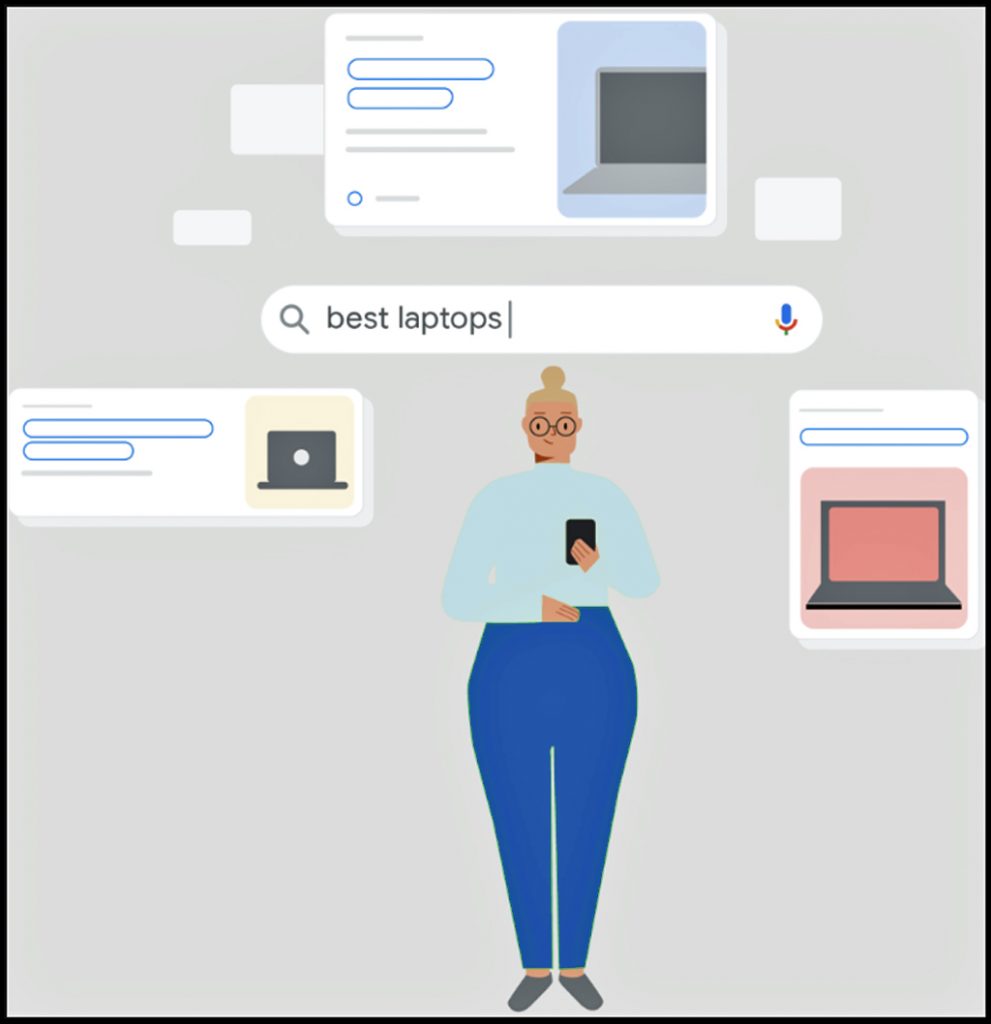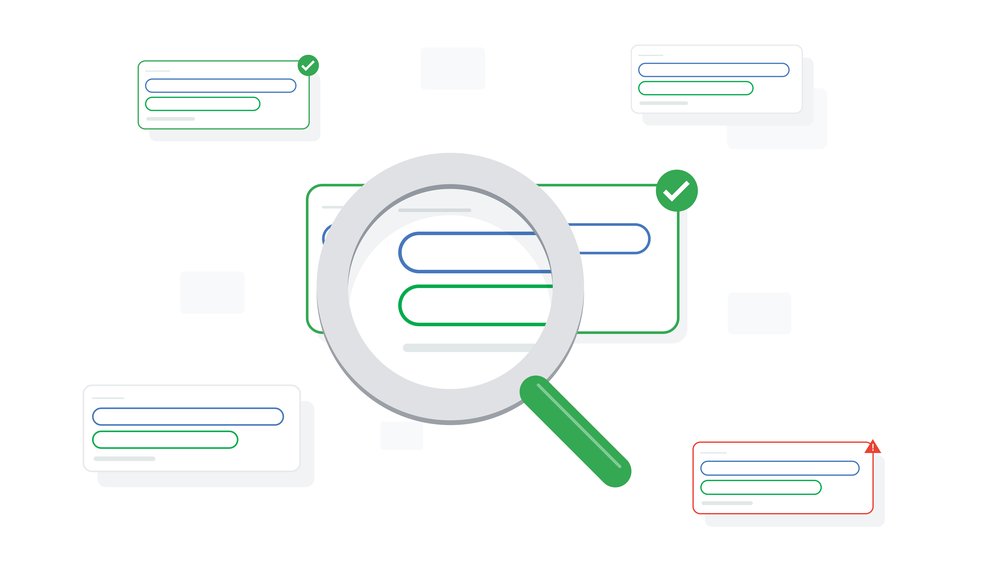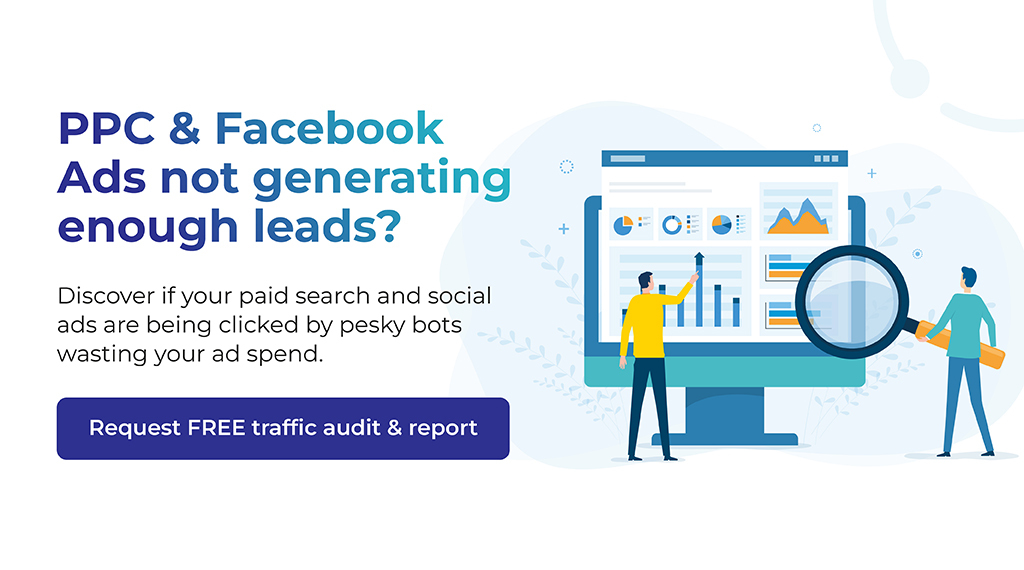What does Google’s “helpful content update” mean for marketers?
Google’s recent announcement of its ‘helpful content update’ has got the digital marketing industry in a spin as they try to work out what it means for content creators.
The move is part of a wider effort on the part of the internet giant to improve the experience of using Search and finding websites with information that’s actually relevant to the end user.
Danny Sullivan, Public Liaison for Search at Google, wrote a blog outlining the thought processes behind the changes ongoing for the next few months in which they said: “We continually update Search to make sure we’re helping you find high quality content. Next week, we’ll launch the “helpful content update” to tackle content that seems to have been primarily created for ranking well in search engines rather than to help or inform people.
“This ranking update will help make sure that unoriginal, low quality content doesn’t rank highly in Search, and our testing has found it will especially improve results related to online education, as well as arts and entertainment, shopping and tech-related content.”
How does Google Search work?
While there’s no definitive answer from the social media platform, Google does include information for some elements its algorithms are considering. These include the words of the search query, relevance and usability of pages, the expertise of the source and the location of the searcher.
The weight applied to each factor varies depending on the nature of the query. For example, the freshness of the content plays a bigger role in answering queries about current news topics than it does about dictionary definitions.
Google also invests in systems which help remove deceptive or manipulative behaviour so that spam sites don’t rise in its SERPs output.
This guide is helpful for any new business starting out who wish to get their website on Google Search.
So what does the update mean for digital marketing teams?
Focus on people-first content
Google’s intention with the ‘helpful content update’ is to better reward creators whose content makes visitors feel like they’ve had a satisfying experience, while content which doesn’t meet expectations won’t perform as well.
Creators who focus on people-first content will produce copy that is already helpful and satisfying to the end user. Utilising SEO best practices in addition to writing with people in mind, helps provide additional value.
Answering yes to the six questions below mean you’re already creating the right kind of content and using a people-first approach:
- Do you have an existing or intended audience for your business or site that would find the content useful if they came directly to you?
- Does your content clearly demonstrate first-hand expertise and a depth of knowledge (for example, expertise that comes from having actually used a product or service, or visiting a place)?
- Does your site have a primary purpose or focus?
- After reading your content, will someone leave feeling they’ve learned enough about a topic to help achieve their goal?
- Will someone reading your content leave feeling like they’ve had a satisfying experience?
- Are you keeping in mind Google’s guidance for core updates and for product reviews?
Don’t write for search engines
It seems to be a fairly self-explanatory statement to make, but don’t write your content with the SEO in mind.

Your focus should be on providing information that potential clients are looking for and which existing customers would find helpful. Google’s own Search Engine Optimisation guide goes into detail about how the company uses information it finds on your website for indexing.
Google’s guidance on high quality sites is a great place to start when it comes to writing ‘helpful content’ which will also utilise good SEO practices.
Use this checklist as a warning guide for your content to make sure you’re not drifting too closely to optimising for SEO instead of for people. If you answer yes to any of these six questions you need to start rethinking your content strategy:
- Are you producing lots of content on different topics in hopes that some of it might perform well in search results?
- Are you using extensive automation to produce content on many topics?
- Are you mainly summarising what others have to say without adding much value?
- Are you writing about things simply because they seem trending and not because you’d write about them otherwise for your existing audience?
- Are you writing to a particular word count because you’ve heard or read that Google has a preferred word count? (They don’t).
- Did you decide to enter some niche topic area without any real expertise, but instead mainly because you thought you’d get search traffic?
Use these basic principles for helpful content
Make sure that when writing your content, it’s with the end user in mind. A good rule of thumb to use is whether you’d feel comfortable explaining what you’ve done to a Google employee or to the owners of a business website that competes with you.
Ask whether the content would be helpful to your end users. An easy indicator of whether your content is SEO focused or people focused – would I do this if search engines didn’t exist?
Think about what makes your website unique, valuable, or engaging. Make your website stand out from others in your field.
One of the most important steps in improving your site’s ranking in Google search results is to ensure that it contains plenty of rich information that includes relevant keywords, used appropriately, that indicate the subject matter of your content.
Help Google understand your pages by creating an information-rich site, and write pages that clearly and accurately describe your content. Think about the words users would type to find your pages, and make sure that your site actually includes those words within it.
Here are a few more questions to ask yourself when working on your content marketing strategy:
- Would you trust the information presented on your website?
- Are the topics driven by genuine interests of readers of the site, or does the site generate content by attempting to guess what might rank well in search engines?
- Is the content mass-produced by, or outsourced to, a large number of creators, or spread across a large network of sites, so that individual pages or sites don’t get as much attention or care?
- Was the article edited well, or does it appear sloppy or hastily produced?
- Does the article provide a complete or comprehensive description of the topic?
- Does the article contain insightful analysis or interesting information that is beyond the obvious?
- Would you expect to see the article in a printed magazine, encyclopaedia or book?
- Are the articles short, unsubstantial, or otherwise lacking in helpful specifics?
Google’s ‘helpful content’ update was released on August 25th and is expected to take up to two weeks to complete across the platform. The update impacts English searches globally to begin with and Google plans to expand to other languages in the future.
It’s part of a series of updates the platform has been working on over the past few months, including a similar effort relating to ranking better quality product review content. The two updates are part of an ongoing effort to reduce low-quality content and make it easier to find content that is authentic and useful when using Google Search.
Get started with Veracity
We are on a mission to drive transparency into the digital marketing process and give you, the marketer, the power and data needed to highlight and combat ad fraud.
By developing intelligent website traffic analysis and sophisticated tracked link generation, we aim to create a digital landscape where advertisers, vendors and marketers alike have the tool they need to highlight and combat ad fraud by differentiating between human website visits and fraudulent bot clicks.
With click fraud detection and mitigation across search and social, Veracity feeds other parts of the Martech stack with better quality data, to enable improved analytics, decision-making and results.
Get started with Veracity by taking advantage of a free traffic audit on your paid campaigns. All that’s required is a line of code to be added to your website or your client’s website and Veracity will detect non-human traffic over a 14-day period, absolutely free and without obligation.
For Genpower Veracity increased genuine human campaign visitors by 59%. With Veracity click fraud protection in place, the results were noticeable very quickly and in just two weeks the business saw a 24% reduction in fraudulent traffic. This gave them more than 20,000 more clicks from legitimate human visitors.


